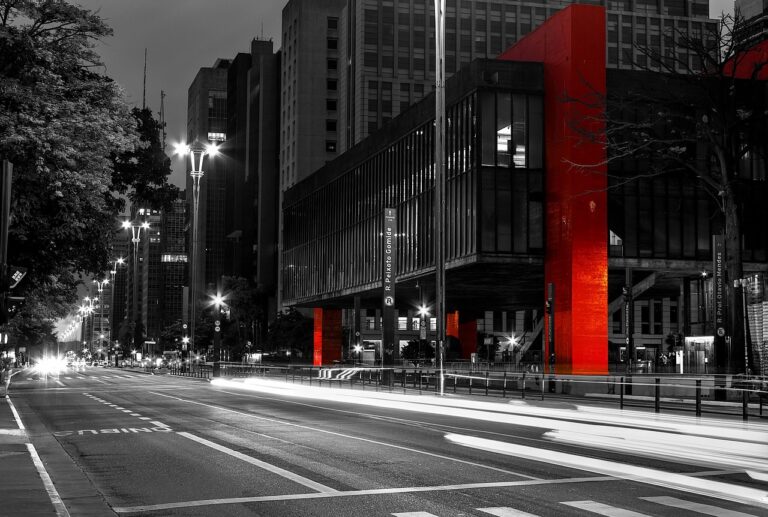Analyzing the Impact of Farm Equipment on Urban Heat Islands: Betbhai9.com whatsapp number, Playexch app, Lotus 365 login
betbhai9.com whatsapp number, playexch app, lotus 365 login: Analyzing the Impact of Farm Equipment on Urban Heat Islands
Living in a bustling city can mean dealing with higher temperatures compared to rural areas due to the phenomenon known as urban heat islands. These urban areas experience warmer temperatures as a result of human activities, such as transportation, industry, and construction. However, one factor that is often overlooked when discussing urban heat islands is the impact of farm equipment.
Farm equipment, such as tractors, harvesters, and irrigation systems, emit heat that can contribute to the overall temperature increase in urban areas. These machines not only release heat during operation but also contribute to greenhouse gas emissions, further exacerbating the heat island effect.
The use of farm equipment in urban and peri-urban areas can have a significant impact on local temperatures, air quality, and overall environmental health. Understanding the implications of this machinery is crucial for sustainable urban planning and mitigating the effects of urban heat islands.
Effects of Farm Equipment on Urban Heat Islands
1. Heat Emission: Farm equipment generates heat during operation, which can add to the already elevated temperatures in urban areas.
2. Greenhouse Gas Emissions: The use of fossil fuels in farm machinery releases greenhouse gases into the atmosphere, contributing to climate change and worsening urban heat islands.
3. Air Quality: Farm equipment emissions can also impact air quality in urban areas, leading to respiratory issues and other health concerns for residents.
4. Soil Compaction: The use of heavy farm equipment can compact the soil, reducing its ability to absorb water and exacerbating flooding in urban areas.
5. Noise Pollution: Farm machinery produces noise pollution, which can disrupt urban ecosystems and impact the well-being of residents.
6. Water Usage: Irrigation systems used in agriculture can deplete water resources in urban areas, leading to water scarcity and further exacerbating the heat island effect.
Mitigating the Impact of Farm Equipment
1. Implementing Sustainable Agriculture Practices: Encouraging farmers to adopt sustainable agriculture practices, such as reducing tillage and using precision agriculture techniques, can help minimize the impact of farm equipment on urban heat islands.
2. Alternative Fuels: Using alternative fuels, such as biodiesel or electric-powered machinery, can reduce greenhouse gas emissions and lessen the heat generated by farm equipment.
3. Land Use Planning: Proper land use planning can help keep agricultural activities away from urban areas, reducing the exposure of residents to farm equipment emissions.
4. Green Spaces: Increasing green spaces in urban areas can help mitigate the heat island effect and provide a buffer against the impact of farm equipment emissions.
5. Public Awareness: Educating the public about the effects of farm equipment on urban heat islands can lead to more sustainable practices and support for policies aimed at reducing emissions.
FAQs
Q: How do urban heat islands affect human health?
A: Urban heat islands can lead to heat-related illnesses, poor air quality, and increased air pollution, all of which can have negative effects on human health.
Q: Can planting trees help reduce urban heat islands?
A: Yes, planting trees can help reduce the heat island effect by providing shade, absorbing heat, and releasing moisture into the air through transpiration.
Q: What role do green roofs play in mitigating urban heat islands?
A: Green roofs can help reduce the heat island effect by providing insulation, absorbing heat, and reducing the amount of heat emitted into the atmosphere.
In conclusion, the impact of farm equipment on urban heat islands is a significant issue that requires attention from policymakers, urban planners, and the agricultural industry. By implementing sustainable practices, promoting alternative fuels, and raising public awareness, we can work towards minimizing the effects of farm equipment on urban temperatures and creating more livable cities for all.







